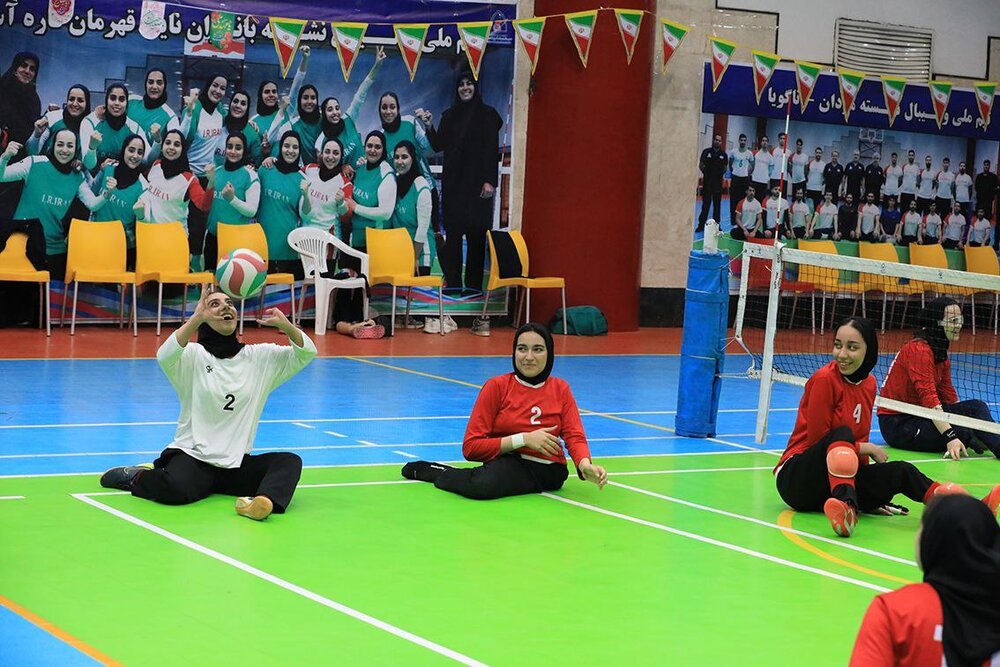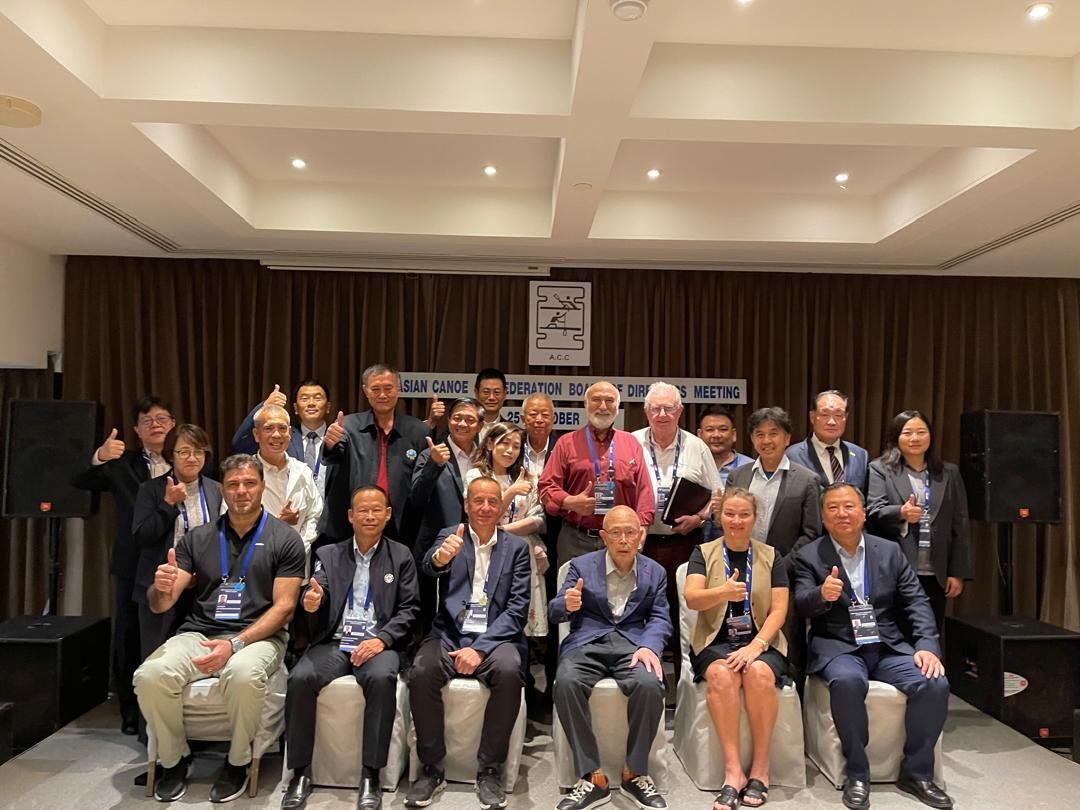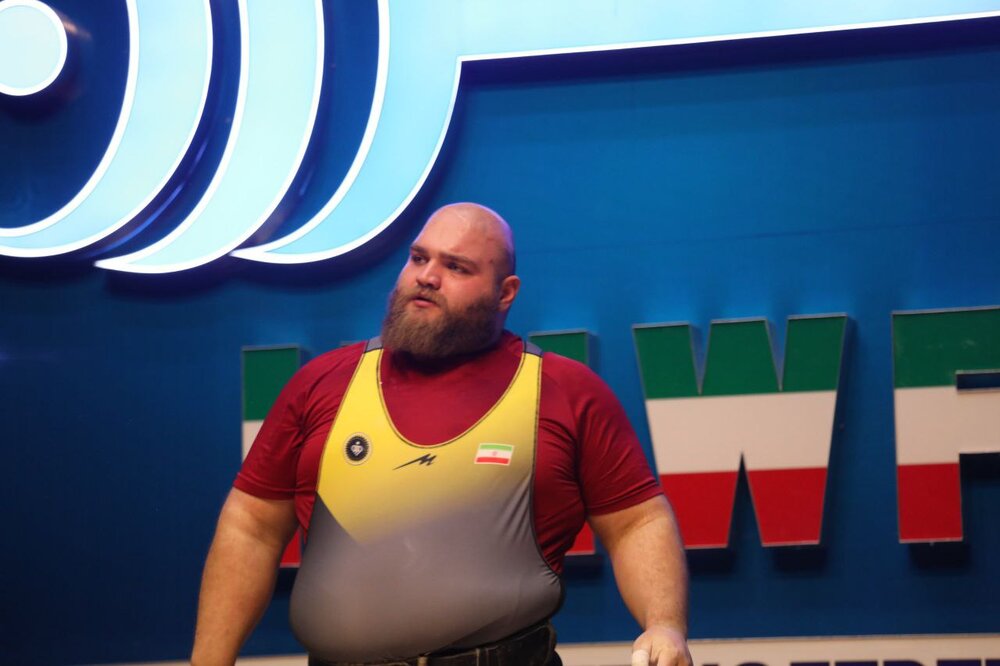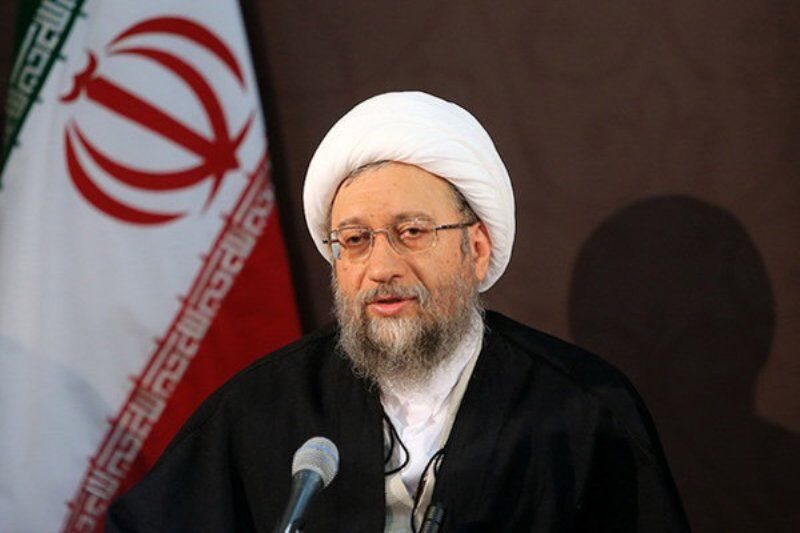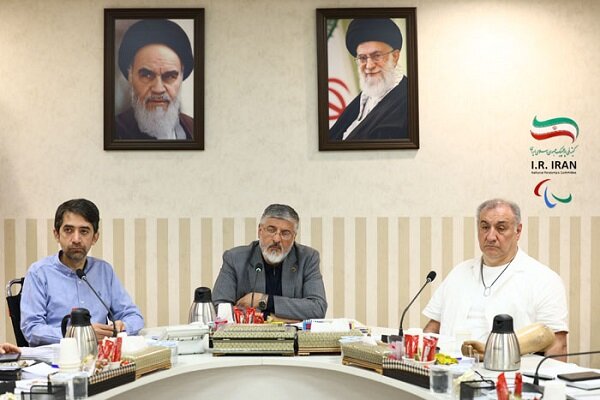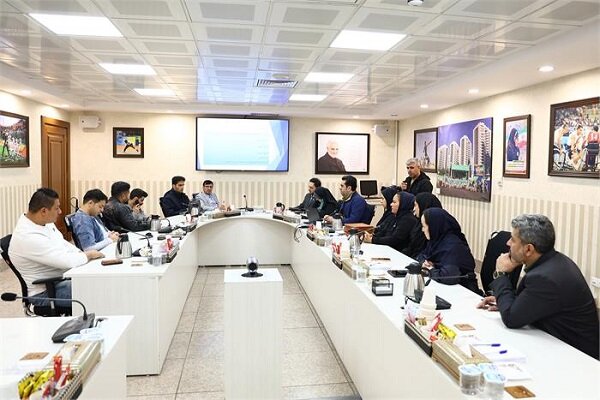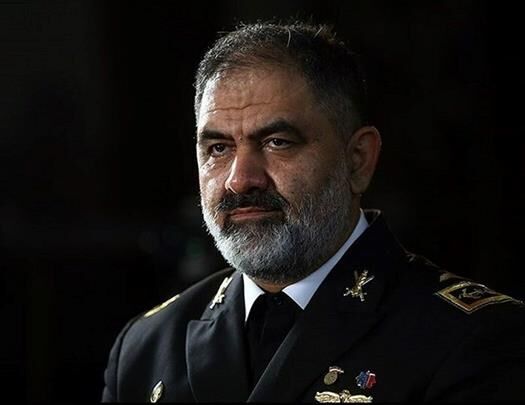Palestinian rights group refused permission to appeal UK court's F-35 ruling
Palestinian rights group refused permission to appeal UK court's F-35 ruling

A Palestinian human rights group has been refused permission to appeal a court ruling that found indirect UK exports of F-35 fighter jet parts to Israel to be lawful.
In June, Al-Haq unsuccessfully challenged the UK government's decision to exempt components used in F-35 fighter jets from a wider suspension of export licences to Israel last year.
While acknowledging that the parts could be used in breach of international humanitarian law by Israel, London's High Court found that the “acutely sensitive and political issue is a matter for the executive which is democratically accountable to Parliament and ultimately to the electorate, not for the courts”.
It also concluded that the UK could not unilaterally halt the supply of UK-made parts due to the “extraordinarily serious impacts for the UK and international peace and security”, which could incur from its withdrawal from the F-35 programme.
In October, Al-Haq asked the court of appeal for permission to apply for judicial review of the ruling, but the court refused.
Judges said that it is for the UK government to decide whether national security issues related to its supply of the components outweigh an assessment by the foreign secretary of state that Israel was not committed to complying with international humanitarian law.
On 2 September 2024, the Labour government suspended around 30 export licences for UK-made arms after the foreign secretary's assessment.
While the licensing of UK-made F-35 components exported directly to Israel was suspended, a loophole was created for parts sent to a global pool which Israel can use on its existing F-35 jets. This became known as the “F-35 carve out”.
F-35 components supplied by the UK make up 15 percent of every F-35, one of the world's most sophisticated fighter jets, which Israel has used extensively in its campaign in Gaza, as well as in Lebanon and Iran.
The High Court acknowledged that the secretary of state had not applied Strategic Export Licensing Criteria (SELC) - the UK’s regulatory framework for assessing military exports - when granting the carve out. But it ruled that the exemption was a “specific measure in an exceptional case”.
Yasmine Ahmed, UK director of Human Rights Watch (HRW), one of three British human rights groups which intervened in the case, said the organisation was “incredibly disappointed” with the decision to reject the appeal.
“There continues to be a very real risk that UK components are being used in the commission of Israeli war crimes. As long as that risk exists, the UK risks not only breaching international law but its own domestic arms licensing conditions,” she said.
"Human rights concerns are playing second fiddle to protecting lucrative arms deals,” she added.
“We have seen that play out in the government’s staunch defence of selling F-35 fighter jet components that are used by Israel in Gaza, but also in new deals being signed with countries like Turkey.”




